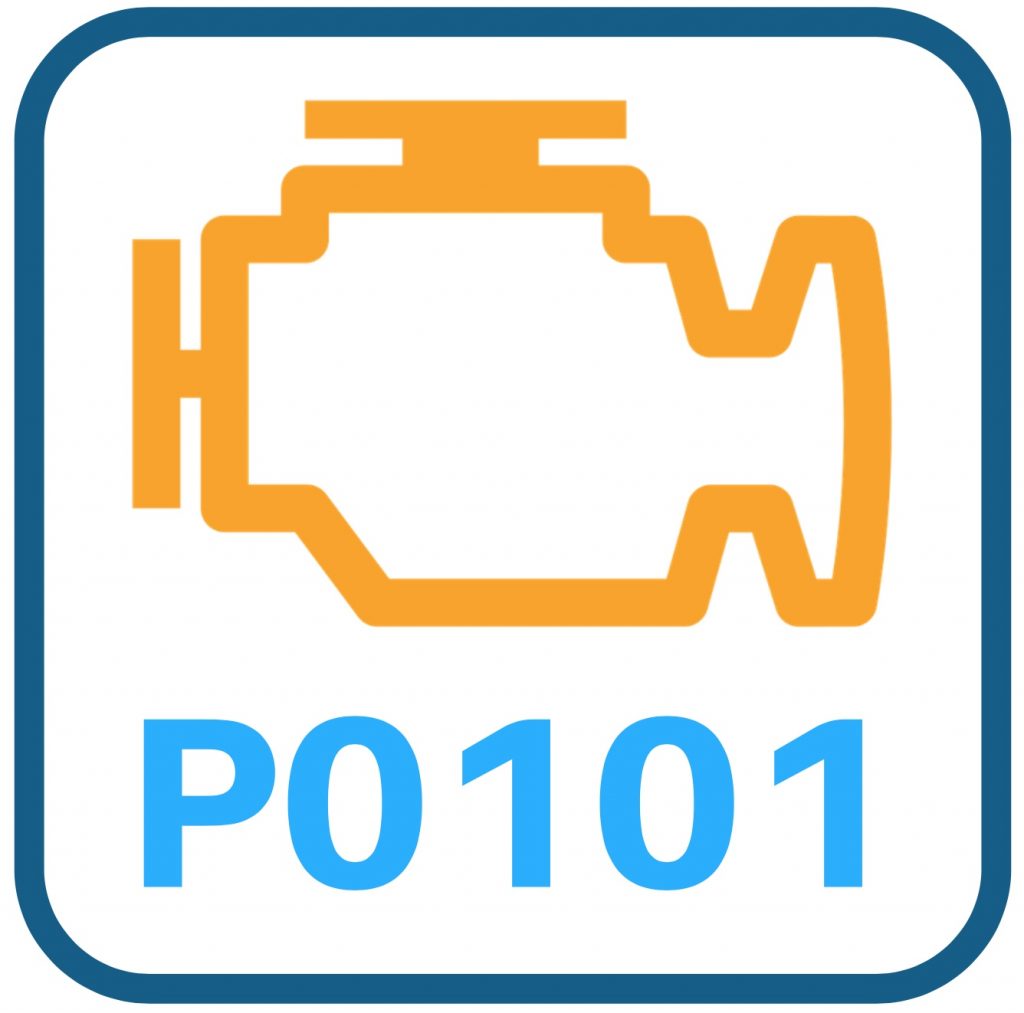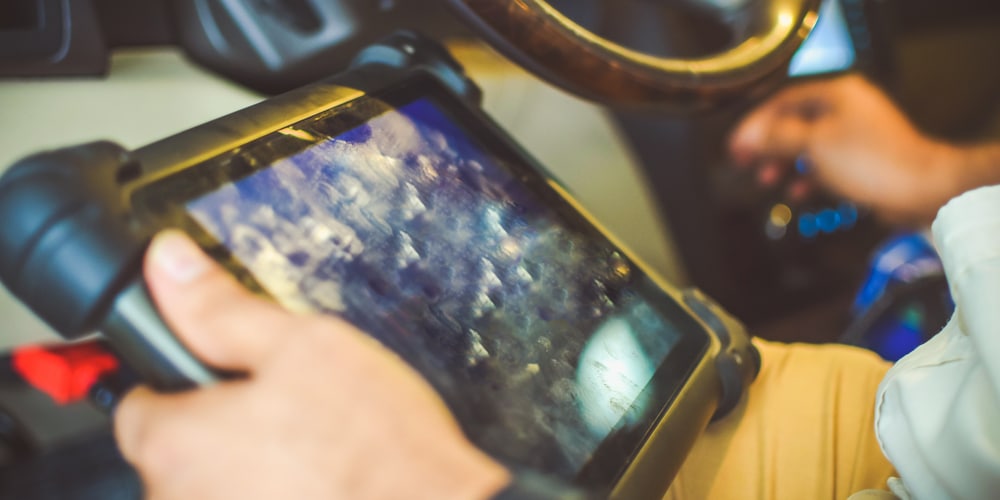U0101 is a generic powertrain code, which means it has the same definition for the Hyundai i30 as it would any other vehicle. It means that your i30’s TCM (Transmission Control Module) can’t communicate with the rest of the vehicle, usually due to a bad wiring harness or an issue with the TCM itself.
U0101 is often misdiagnosed as a bad TCM before the wiring harness has been inspected.
U0101 Definition: Lost Communication with TCM

TCM
The Transmission Control Module, or TCM, controls when and how hard the Hyundai i30’s transmission shifts.
The TCM needs to communicate with the PCM (Powertrain Control Module) in order to know when to shift the transmission. It uses throttle position data and engine speed to shift the vehicle at the right time.
When U0101 is present, the transmission will probably go into “limp mode,” which usually limits the vehicle to one or two gears.
Lost Communication
The TCM communicates with the PCM (and any other module) through the Controller Area Network bus system (CAN bus). The CAN buses let the different modules exchange data.
With code U0101, the most likely cause of the lack of communication is a short or open circuit going to or from the CAN bus.
Hyundai i30: U0101 Symptoms
U0101 will have noticeable symptoms unless the failure in communications between modules is very intermittent.
- No shifting
- Limp mode (the vehicle will stay in one gear).
- Codes P0700 and U0100 are likely to appear with U0101.
Hyundai i30: U0101 Diagnosis + Causes

1. Check for Other Codes
If there are any other codes related to the battery, PCM, or TCM, tackle them first, particularly if you can get the scanner to talk with your i30’s TCM.
If the scanner can talk with the module, the problem is intermittent. However, if it can not talk with the TCM, there is a communications issue, and it can be addressed now. If the problem is intermittent, check the ground to the TCM first.
2. Check for Wiring Problems.
As stated above, the most common cause of U0101 is a wiring issue. Specifically with the CAN bus system. Here’s how to go about tracking down an issue with the wiring to/from your TCM.
- Check the TCM fuse(s) and make sure that it is not blown. Make sure your i30’s TCM has power. This does happen and is very easy to check.
- Check all grounds going to the TCM and verify that they are secure to the chassis/frame. You’ll need to clean them up if they have been corroded.
- Trace the power and ground wiring and see if they have been damaged in any way. Check it for open/shorts. Repair the wiring harness as needed.
- Inspect the harness connections. Once you’ve established that the wiring harness looks fine, the next place to look is where the wiring harness plugs into the TCM and CAN bus. First, unplug the harness from the control module. Once unplugged, inspect the pins to see if there is any damage to them. If one or more of them look discolored compared to the rest of the harness, that is likely to be what’s causing U0101. You can use an electrical contact cleaner to clean the harness pins properly. If they look damaged beyond cleanable corrosion, you may have to re-pin them.
3. TCM
Once you’ve completed looking over the wiring harness, see if the TCM module communicates with your Hyundai i30 using a scan tool. If it is, great! If it’s not, it’s time to test it to see if it is bad.
This video is very helpful in teaching you what is involved in determining if the TCM is bad or not. There’s a lot involved in it. You’ll need to get a wiring schematic for your i30’s model year, engine, and transmission before attempting to trace the problem.
Conclusion:
U0101 is often misdiagnosed as a bad TCM before the wiring harness has been inspected.
The U0101 trouble code rarely appears by itself. Use the other codes as clues to help you narrow down the possible causes. Good luck fixing your Hyundai i30.

